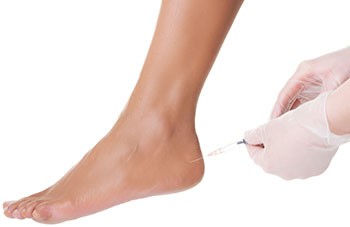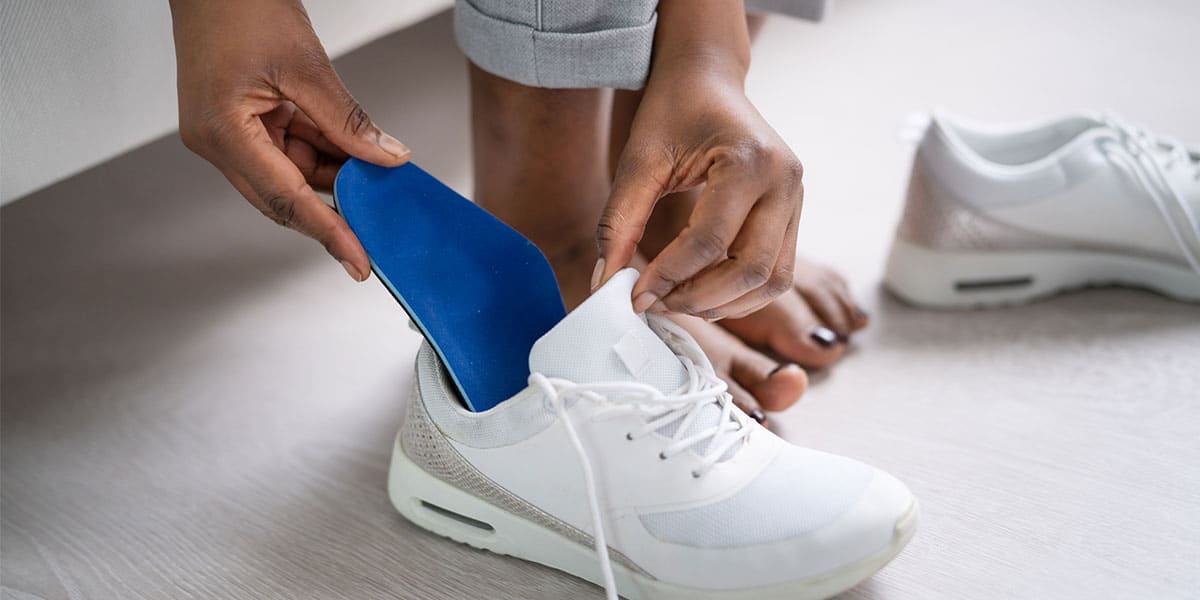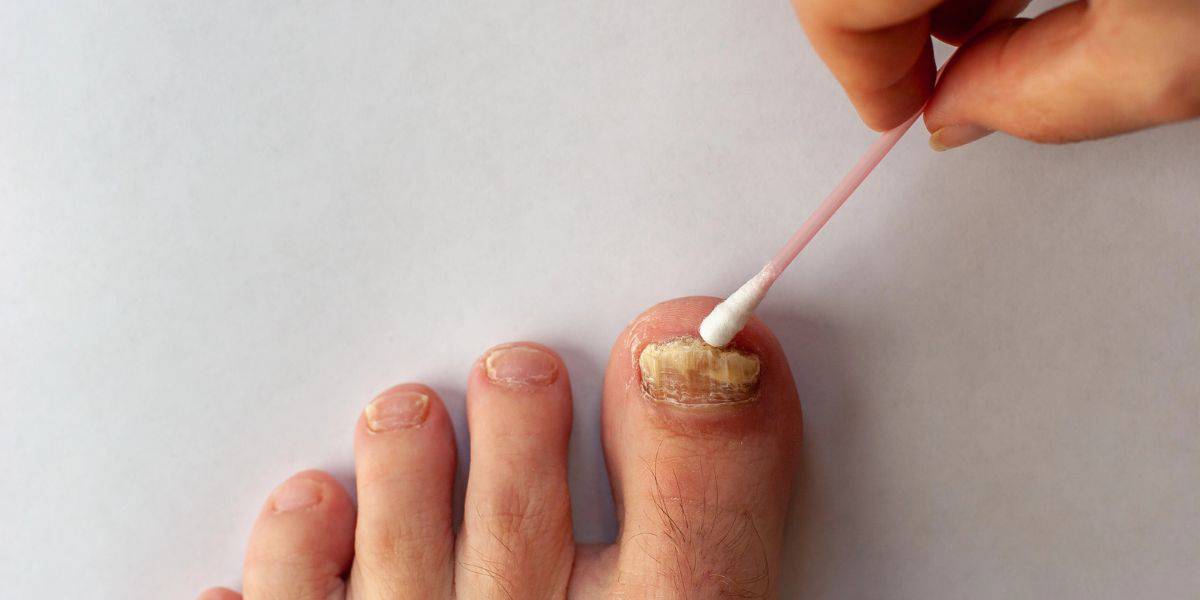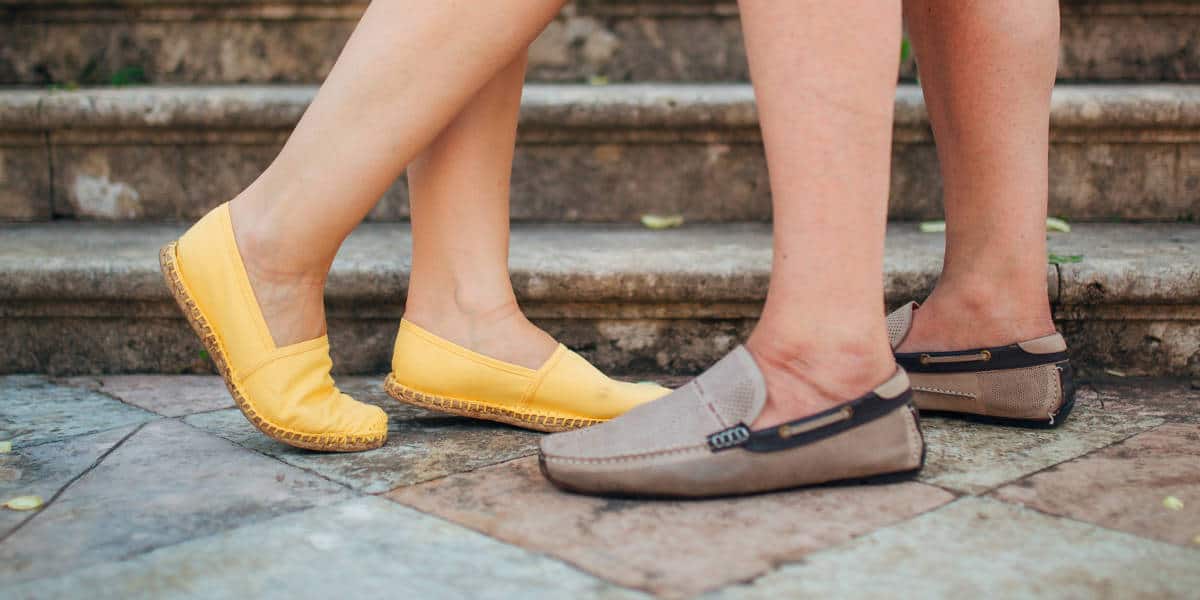- Home
- Advanced Treatments
- Botox for Foot and Ankle Pain
Botox – a Revolutionary Treatment for Plantar Fasciitis
- Published 11/26/2018
- Last Reviewed 9/26/2024

We have all read about using Botox to remove wrinkles and appear more youthful. However, you may not realize that Botox is also a treatment option for foot pain.
One placebo-controlled double-blind study found that when individuals were injected with botulinum toxin type A, their foot function increased, and their foot pain decreased significantly compared to those who received a placebo saline injection. The study also highlighted the ability of Botox to be used as a conservative treatment for plantar fasciitis. Researchers found that the need for surgical intervention for plantar fasciitis was lessened after an injection.
Botox relaxes and weakens severely tight or spasming tendons, tissue, and muscles to relieve even some of the most serious plantar fasciitis cases. This revolutionary treatment is available at University Foot & Ankle Institute, among the first in the country.
-
Foot and Ankle Surgeon and Director of University Foot and Ankle Institute
Dr. Bob Baravaria DPM, FACFAS is a Board-Certified Podiatric Foot and Ankle Specialist. He is an assistant clinical professor at the UCLA School of Medicine and serves as Director of University Foot and Ankle Institute.
Dr. Baravarian has been involved in athletics his entire life and played competitive tennis in high school and college. He has an interest in sports medicine, arthritis therapy, and trauma/reconstructive surgery of the foot and ankle. He is also fluent in five languages (English, French, Spanish, Farsi, and Hebrew),
-
Foot and Ankle Surgeon and Director of University Foot and Ankle Institute
Dr. Bob Baravaria DPM, FACFAS is a Board-Certified Podiatric Foot and Ankle Specialist. He is an assistant clinical professor at the UCLA School of Medicine and serves as Director of University Foot and Ankle Institute.
Dr. Baravarian has been involved in athletics his entire life and played competitive tennis in high school and college. He has an interest in sports medicine, arthritis therapy, and trauma/reconstructive surgery of the foot and ankle. He is also fluent in five languages (English, French, Spanish, Farsi, and Hebrew),
 Great experience, everyone was kind, fast and knowledgeable!Susan M.
Great experience, everyone was kind, fast and knowledgeable!Susan M. Good diagnostics and explanation. Both Dr and staff meet my first 5 minute rule.Alvin L.
Good diagnostics and explanation. Both Dr and staff meet my first 5 minute rule.Alvin L. The very Best!Antoinette O.
The very Best!Antoinette O. Very satisfiedJay G.
Very satisfiedJay G. Just Thank you! All is always the best services . Highly recommend.Ingrid F.
Just Thank you! All is always the best services . Highly recommend.Ingrid F. Excellent people. Excellent care.Bradley S.
Excellent people. Excellent care.Bradley S. I had surgery on my small toe on my right foot. After surgery I had absolutely no pain. I was impressed with the skill of Dr ...Betsy H.
I had surgery on my small toe on my right foot. After surgery I had absolutely no pain. I was impressed with the skill of Dr ...Betsy H. The personal me trata con respeto mi doctor está tratando de que aser lo mejor para mi perdona graciasArmando T.
The personal me trata con respeto mi doctor está tratando de que aser lo mejor para mi perdona graciasArmando T. 100% satisfiedJames R.
100% satisfiedJames R. Hate these surveys.Rebecca A.
Hate these surveys.Rebecca A. Dr. Nalbandian provided a good understanding of my options and will follow up in 3 months to see how I am doing and what I shou...William B.
Dr. Nalbandian provided a good understanding of my options and will follow up in 3 months to see how I am doing and what I shou...William B. I can't say enough about how professional and capable and kind the staff is. I was in pain from damage to my foot from a previo...Nancy H.
I can't say enough about how professional and capable and kind the staff is. I was in pain from damage to my foot from a previo...Nancy H.
-
 Listen Now
How Many Steps Do I Need A Day?
Read More
Listen Now
How Many Steps Do I Need A Day?
Read More
-
 Listen Now
Custom Orthotics vs. Over-the-Counter Inserts: Which Are Best for Your Feet?
Read More
Listen Now
Custom Orthotics vs. Over-the-Counter Inserts: Which Are Best for Your Feet?
Read More
-
 Listen Now
Flip-flops Causing You Pain? Protect Your Feet This Summer!
Read More
Listen Now
Flip-flops Causing You Pain? Protect Your Feet This Summer!
Read More
-
 Listen Now
The Link Between Foot Health and Posture
Read More
Listen Now
The Link Between Foot Health and Posture
Read More
-
 Listen Now
How To Tell If You Have Wide Feet
Read More
Listen Now
How To Tell If You Have Wide Feet
Read More
-
 Listen Now
What To Do When Your Toenail Is Falling Off
Read More
Listen Now
What To Do When Your Toenail Is Falling Off
Read More
-
 Listen Now
What Are Shin Splints?
Read More
Listen Now
What Are Shin Splints?
Read More
-
 Listen Now
What Is Erythromelalgia?
Read More
Listen Now
What Is Erythromelalgia?
Read More
-
 Listen Now
Swollen Feet During Pregnancy
Read More
Listen Now
Swollen Feet During Pregnancy
Read More
-
 Listen Now
Revealing the Secrets of Men's and Women's Shoe Sizes: Why Are They Different?
Read More
Listen Now
Revealing the Secrets of Men's and Women's Shoe Sizes: Why Are They Different?
Read More
-
 Listen Now
Why Are My Feet Different Sizes? It's More Common Than You Think
Read More
Listen Now
Why Are My Feet Different Sizes? It's More Common Than You Think
Read More
-
 Listen Now
Could Feet Be the Windows to Your Health?
Read More
Listen Now
Could Feet Be the Windows to Your Health?
Read More
-
 Listen Now
Is Foot Analysis Better than Horoscopes? What Do Your Toes Reveal About Your Personality?
Read More
Listen Now
Is Foot Analysis Better than Horoscopes? What Do Your Toes Reveal About Your Personality?
Read More
-
 Listen Now
15 Summer Foot Care Tips to Put Your Best Feet Forward
Read More
Listen Now
15 Summer Foot Care Tips to Put Your Best Feet Forward
Read More
-
 Listen Now
Do Blood Pressure Medicines Cause Foot Pain?
Read More
Listen Now
Do Blood Pressure Medicines Cause Foot Pain?
Read More















